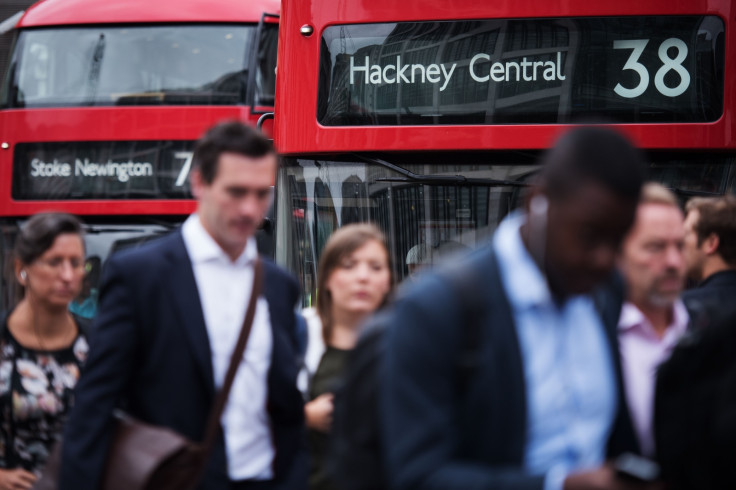Tube strike: London hit with delays as RMT Union demands urgent meeting with Boris Johnson

London was hit with delays, traffic jams and general travel disruption as the Underground network ground to a halt for 24-hours as members of Tube unions walked out in a row over pay and conditions. The industrial action, brought by Aslef, TSSA, and the RMT, began on 5 August at 6:30pm and relates to Transport for London's (TfL) new Night Tube service, which will launch in September.
The DLR, London Overground, the bus network, tram and TfL rail services are running as normal and 250 extra buses have been laid on to help commuters and tourists get around the capital. TfL said it has deployed a "volunteer army" to help people navigate London's transport network as the strike continues.
"TfL will have more than 600 travel ambassadors on hand to help Londoners, visitors and tourists get to their destinations on foot, by bus, by Santander Cycles or by other means," the organisation said. "Extra river services are also being provided during peak hours today. These services will be very busy and customers are asked to bear with the transport staff who are at work and trying to help them get around."
We have made every effort to reach agreement with the unions and avoid this unnecessary strike action.
Steve Griffiths, the London Underground's chief operating officer, thanked customers for the patience and said Tube management had made "every effort" to reach agreement with the unions.
"We have made every effort to reach agreement with the unions and avoid this unnecessary strike action. We have employed 137 new drivers and 345 new station staff for the Night Tube service. We've made work/life balance guarantees that no one will work extra hours and that drivers will have the same number of weekends off as now and will be able to choose whether they work Night Tube shifts in future," he added.
The action comes after the unions rejected a 2% wage hike for all Underground employees and a £500 bonus for workers on the Night Tube. But talks broke down on 3 August after the two parties could not agree on how much time Tube drivers could have off over the weekend in-between day and night shifts.
Mike Cash, the general secretary of the RMT union, has called for an urgent meeting with Boris Johnson after the mayor of London made a number of media appearances to discuss the strike.
"From the mayor's statements it is clear that he has not got the message that this dispute is not about money it is about work/life balance and it is essential that with Johnson now taking charge of the dispute that he grasps the fundamental issues. That can only happen through a direct meeting which looks like it's now essential to making serious progress towards a resolution of this dispute," Cash said.
As of 2012/13, there were 3,278 London Underground drivers, according to a freedom of information request. After six months of training, Tube drivers earn £49,673 a year basic for working a 36-hour week. They also get 43 days holiday.
© Copyright IBTimes 2024. All rights reserved.









